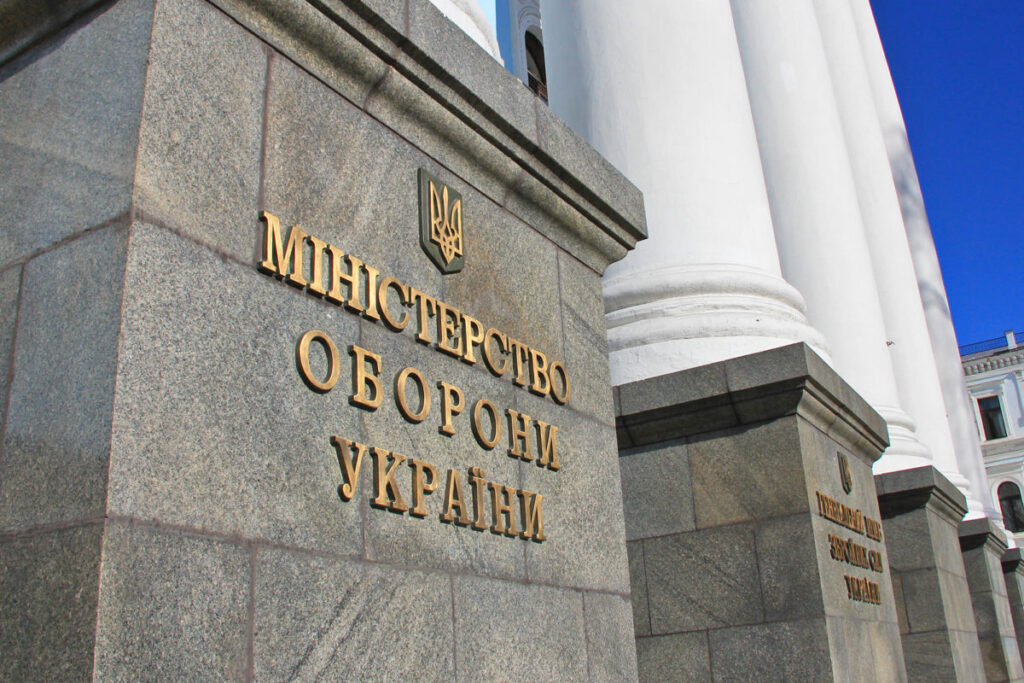Ukraine postpones defense anti-corruption vote after digital platform fails
Ukraine's Defense Ministry suspended its digital anti-corruption vote due to technical failures, delaying the selection of 15 public watchdogs meant to prevent procurement scandals.


On 26 December, Ukraine’s Defense Ministry reported that online voting for members of the Public Anti-Corruption Council was postponed due to technical issues.
All Ukrainians can vote online to choose members of the Public Anti-Corruption Council at the Defense Ministry through the Diia, the app allows citizens to use digital documents on their smartphones. Voters can select up to 15 representatives from a pool of 40 candidates who will help address corruption risks within the ministry over the next two years.
Ukraine rescheduled the vote for 7 January due to internal technical problems, including website instability and issues with user authentication.
“We are taking all necessary steps to resolve the technical issues and ensure the system runs smoothly throughout the voting process. We apologize for the inconvenience and thank everyone who tried to participate in this important initiative,” the Defense Ministry stated.
Journalist Volodymyr Fomichov of LIGA.net explained that the ministry applied specific criteria to screen candidates. These include the absence of conflicts of interest, meaning candidates cannot hold government positions, and ensuring they comply with military registration requirements, Hromadske Radio has reported.
“The candidate list typically includes public figures and lawyers, as the Public Anti-Corruption Council requires substantial work with various legal regulations. A solid understanding of legal matters is crucial. There are also a few professional journalists among the candidates,” Fomichov explained.
The council is now forming its second convocation. It was established in early 2023 following the scandal over the scandal which revealed Ukraine’s Ministry of Defense contract on food procurement with prices considerably higher than market prices.
Journalists claimed that eggs were contracted at 2.5 times higher cost than current supermarket prices in Ukraine, potato procurement prices were 2.6 times higher, and other products were, on average, 1.4 times more expensive.
According to Fomichov, the Public Anti-Corruption Council’s accomplishments include lobbying for the creation of supervisory boards, supporting the implementation of the Prozorro public procurement system, accelerating the launch of the State Rear Operator, which has been also engaged in procurement for the Armed Forces, and saving a significant amount of funds.
Related:



